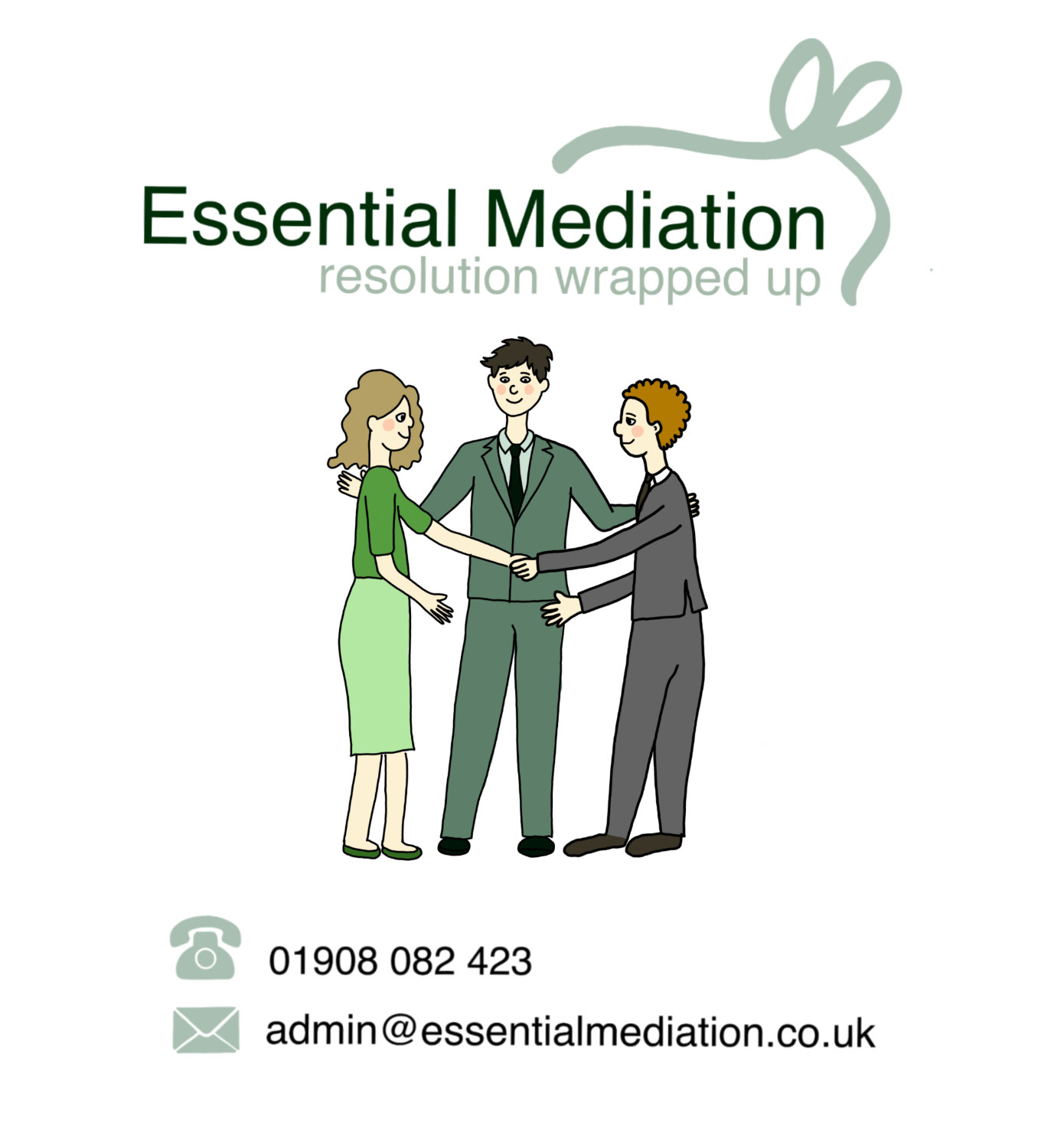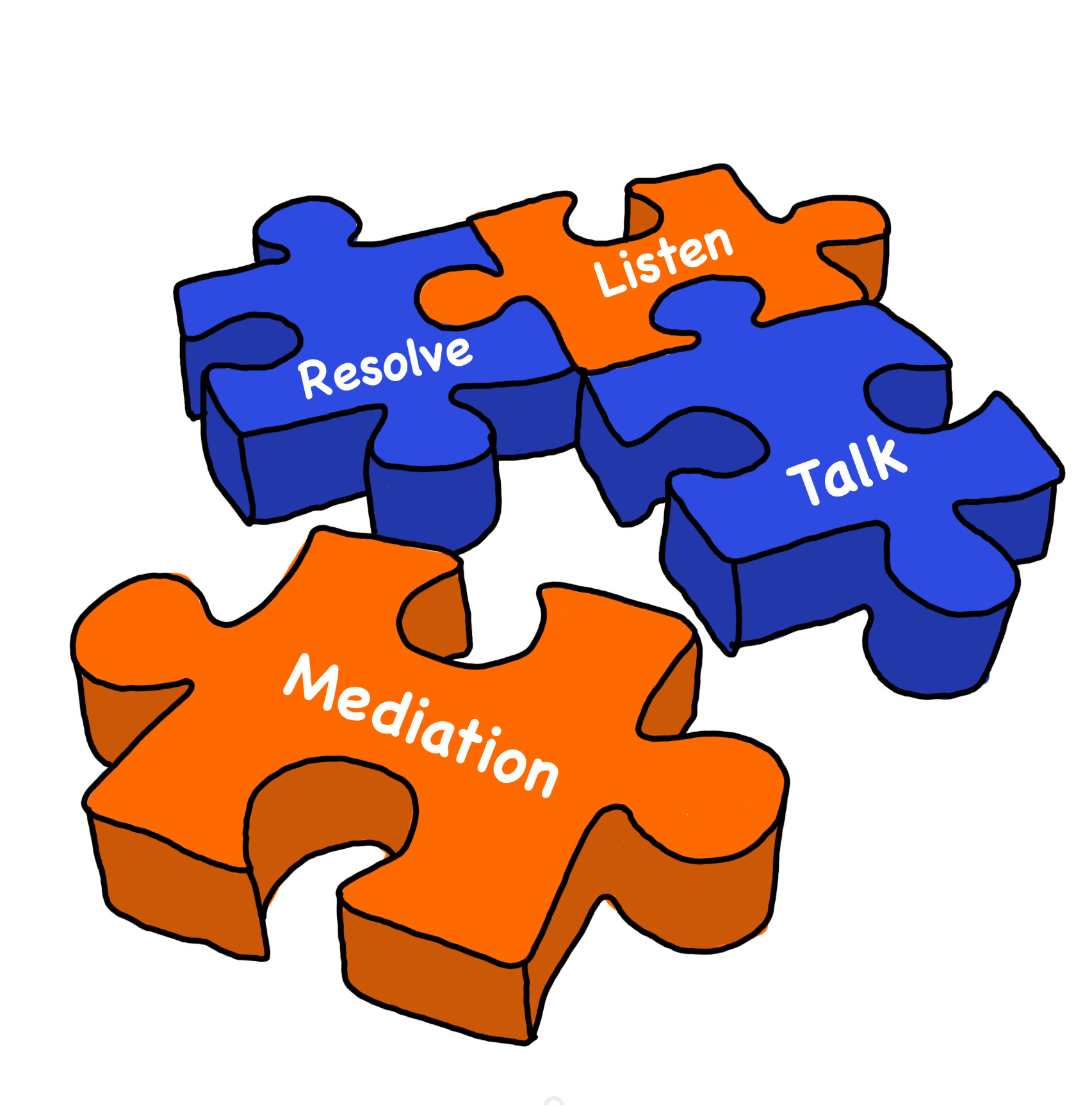SEN Disagreement Resolution
Under the Children and Families Act 2014, local authorities are required to commission disagreement resolution services to promote the early identification and resolution of disputes between parents and carers, the educational setting, and the local authority.
We provide general disagreement resolution services which are distinct from our SEN Mediation services to assist with the resolution of disputes in accordance with the Children and Families Act 2014.
Provided the local authority has commissioned us, our services are available free of charge to parents and carers with a child with SEN and/or a disability. The child does not need to have an Education, Health and Care Plan in order to access this service.
Disagreement resolution could involve parents and carers, the local authority, the educational setting or statutory services such as health and social care.
WHEN COULD I USE DISAGREEMENT RESOLUTION?
Disagreement resolution services can be used at any time if all parties agree, including alongside an appeal that has already been registered with the SEN Tribunal.
The disagreement resolution service we provide is designed to help resolve four types of disagreement or to prevent them from escalating further:
- Disagreements between parents/young people and local authorities, education providers, about how these authorities, bodies or proprietors are carrying out their education, health and care duties for children and young people with SEN, whether they have EHC plans or not;
- Disagreements between parents/young people and education providers about the special educational provision made for a child or young person, whether they have EHC plans or not;
- Disagreements between parents or young people and Clinical Commissioning Groups or local authorities about health and social care provision during EHC Needs Assessments, while EHC Plans are being drawn up, reviewed or when children or young people are being reassessed;
- Disagreements between services i.e. local authorities and health commissioning bodies during EHC Needs Assessments or reassessments, the drawing up of EHC Plans or reviews of those plans for children and young
people with SEN.
HOW CAN DISAGREEMENT RESOLUTION HELP
Disagreement resolution can help:
- Improve communication between parents/carers, educational settings, health services and local authorities;
- Bring the right people and information together;
- Provide a safe, secure environment to allow communication to take place freely;
- Focus people on the issues and needs;
- Rebuild the trust between parents/carers, educational settings, health services and local authorities so that they can share their knowledge of the child or young person and their concerns to find the best outcome for all involved.
EXAMPLES OF THE USE OF DISAGREEMENT RESOLUTION
We are experienced in facilitating disagreement resolution sessions in the following types of dispute:
- Parental complaints
- Bullying disputes
- Exclusions
- Parental disputes with schools and local authorities
- Special Educational Needs disputes between parents, schools and local authorities
- Claims of Disability Discrimination
- School attendance issues
Where there is an ongoing relationship, disagreement resolution can be particularly important in ensuring that disputes are resolved in such a way as to enable the parties to continue working together.
AT WHAT POINT IN A DISPUTE COULD I REQUEST TO USE DISAGREEMENT RESOLUTION?
Disagreement Resolution can be applied at any stage in the life of a dispute, for example when:
- A serious difference arises which cannot be resolved directly between the individuals concerned, but they agree that a facilitated discussion is likely to be helpful
- Parents are refusing to send a child to school;
- Legal proceedings are threatened;
- Legal proceedings have been issued.
CONTACTING US TO USE DISAGREEMENT RESOLUTION
If you are interested in requesting a disagreement resolution meeting you can contact us directly. Referrals can also be made by the local authority. Disagreement resolution is entirely voluntary and no proposed party can be forced to attend.
The process of arranging the session and the actual session itself is similar to that which we use for SEN Mediation. The only difference is that if no agreement reached between the parties, you are not entitled to receive a mediation certificate. This means that you would have to consider other options available to you if you wish to continue to challenge the issues in dispute (unless you have already registered an appeal to the SEN Tribunal).

